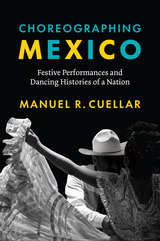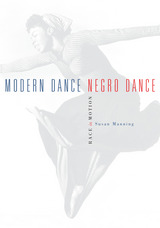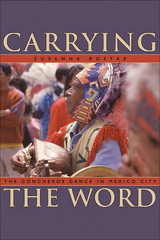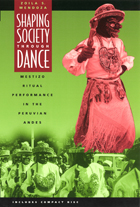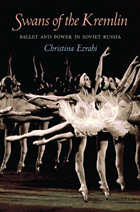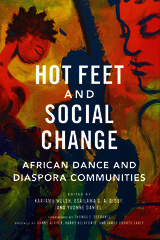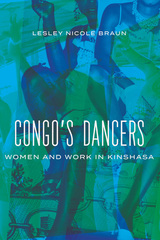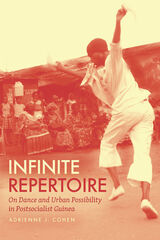Performing the Greek Crisis: Navigating National Identity in the Age of Austerity
University of Michigan Press, 2024
Paper: 978-0-472-05675-0 | Cloth: 978-0-472-07675-8 | eISBN: 978-0-472-90443-3
Library of Congress Classification GV1653.Z47 2024
Dewey Decimal Classification 792.809495
Paper: 978-0-472-05675-0 | Cloth: 978-0-472-07675-8 | eISBN: 978-0-472-90443-3
Library of Congress Classification GV1653.Z47 2024
Dewey Decimal Classification 792.809495
ABOUT THIS BOOK | AUTHOR BIOGRAPHY | REVIEWS | TOC | REQUEST ACCESSIBLE FILE
ABOUT THIS BOOK
Performing the Greek Crisis explores the impact of the Greek financial crisis (2009–19) on the performing arts sector in Greece, and especially on contemporary concert dance. When Greece became the first European Union member to be threatened with default, the resulting budget cuts pushed dance to develop in unprecedented directions. The book examines the repercussions that the crisis had on artists’ daily lives and experiences, weaving the personal with the political to humanize a phenomenon that, to date, had been examined chiefly through economic and statistical lenses. Informed by the author’s experience of growing up in Greece and including interviews and rich descriptions of performances, the book offers a glimpse into a pivotal moment in Greek history.
In Greece, dance (and, by extension, the body) has historically held a central role in the process of national identity construction. When the crisis broke out, artists had to navigate through a precariously fluctuating landscape, with their bodies as their only stable referent. In Greece, dance has held a historical role in national identity construction of Greece as the cradle of Western civilization. As the financial crisis coincided with the European Refugee Crisis, dancing bodies became agents to advocate for human rights. By centering the analysis of the Greek crisis on the dancing bodies, Performing the Greek Crisis is able to examine the various ways that artists reconceptualized their history and reframed ideas of national belonging, race, citizenship, and immigration.
In Greece, dance (and, by extension, the body) has historically held a central role in the process of national identity construction. When the crisis broke out, artists had to navigate through a precariously fluctuating landscape, with their bodies as their only stable referent. In Greece, dance has held a historical role in national identity construction of Greece as the cradle of Western civilization. As the financial crisis coincided with the European Refugee Crisis, dancing bodies became agents to advocate for human rights. By centering the analysis of the Greek crisis on the dancing bodies, Performing the Greek Crisis is able to examine the various ways that artists reconceptualized their history and reframed ideas of national belonging, race, citizenship, and immigration.
See other books on: Austerity | Dance | Financial crises | Greek Crisis | Performing
See other titles from University of Michigan Press




